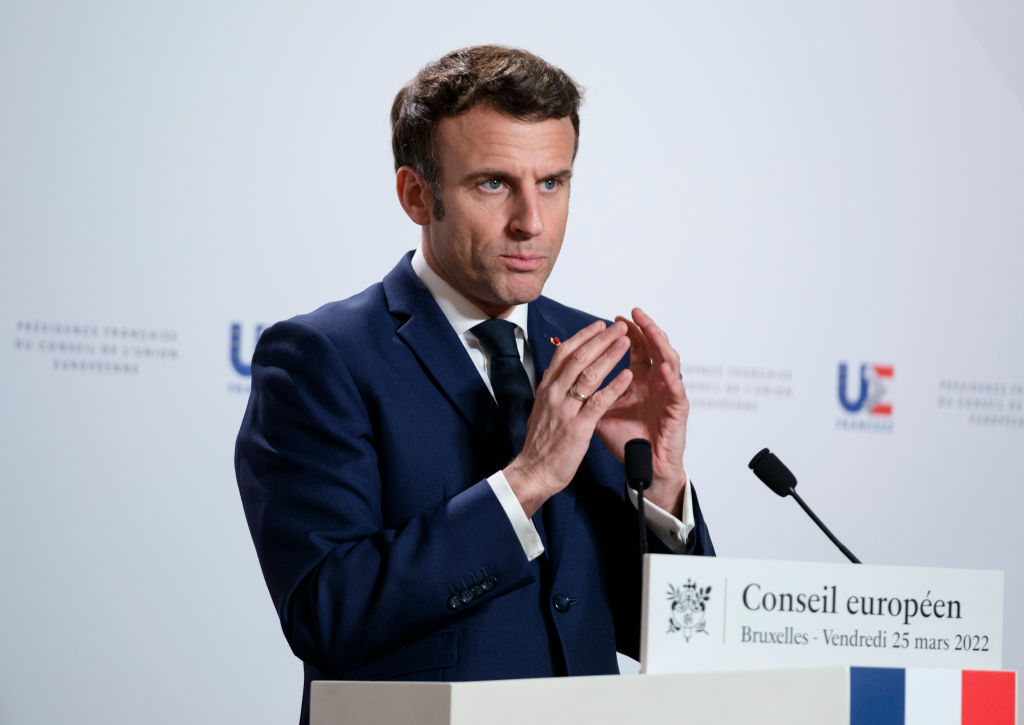NATO allies distance themselves from Biden's comment that Putin must not 'remain in power'


A free daily email with the biggest news stories of the day – and the best features from TheWeek.com
You are now subscribed
Your newsletter sign-up was successful
Key NATO allies spoke up this weekend to distance themselves from what many interpreted as President Biden's call for regime change in Russia.
During a speech in Warsaw, Poland, on Saturday, Biden said of Russian President Vladimir Putin, "For God's sake, this man cannot remain in power."
The White House quickly walked back the ad-libbed statement, claiming that Biden's "point was that Putin cannot be allowed to exercise power over his neighbors or the region" and that Biden "was not discussing Putin's power in Russia or regime change."
The Week
Escape your echo chamber. Get the facts behind the news, plus analysis from multiple perspectives.

Sign up for The Week's Free Newsletters
From our morning news briefing to a weekly Good News Newsletter, get the best of The Week delivered directly to your inbox.
From our morning news briefing to a weekly Good News Newsletter, get the best of The Week delivered directly to your inbox.
French President Emmanuel Macron, who speaks frequently with Putin, said Saturday that Biden had spoken too forcefully, The Wall Street Journal reported. "I wouldn't use this type of wording because I continue to hold discussions with President Putin," Macron said, adding that "the objective" is "to stop the war," not to depose Putin.
German Chancellor Olaf Scholz also weighed in during a Sunday appearance on German television. Regime change "is not the aim of NATO, and also not that of the American president," Scholz said. "We both agree completely that regime change is not an object and aim of policy that we pursue together."
In the United Kingdom, cabinet minister Nadhim Zahawi said Sunday that it is up to "the Russian people to decide how they are governed," The Guardian reported.
"The Russian people, I think, are pretty fed up ... I think the Russian people will decide the fate of Putin and his cronies," added Zahawi, the U.K.'s education secretary.
A free daily email with the biggest news stories of the day – and the best features from TheWeek.com
Grayson Quay was the weekend editor at TheWeek.com. His writing has also been published in National Review, the Pittsburgh Post-Gazette, Modern Age, The American Conservative, The Spectator World, and other outlets. Grayson earned his M.A. from Georgetown University in 2019.
